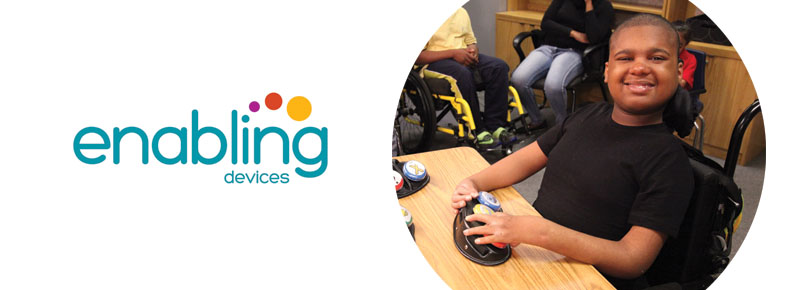It’s hard not to feel like an underachiever when you read
about people like Marlee Matlin.
Perhaps best known for her Oscar-winning performance in the 1986 film, “Children
of a Lesser God,” Matlin was just 21 in 1987, when she became the youngest
actress in history to receive the award for Best Actress in a debut film
performance. In addition, Matlin was and still is, the only deaf actor ever to
receive the award. Thirty years later, Matlin will receive another award—this
time for her activism on behalf of people with disabilities.
After her Oscar win, Matlin went on to perform in many films
and held major roles in television shows such as “The West Wing,” “Picket
Fences,” “The L Word,” “Switched at Birth,” and “Dancing with the Stars.” Matlin
is also an author, having published three children’s novels and a New York
Times best-selling autobiography, “I’ll Scream Later,” in 2009. Matlin even has
an app in which she teaches American Sign Language!
Though widely admired for her work in the arts, many fans
are less knowledgeable about Matlin’s philanthropic work. That may have changed
last week when multiple news outlets announced that Matlin, a spokeswoman for
the National Association for the Deaf, will
be honored in June with the Morton
E. Ruderman Award in Inclusion for her activism on behalf of people with
disabilities.





